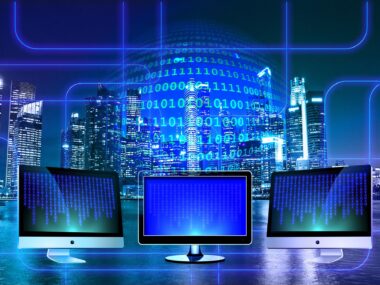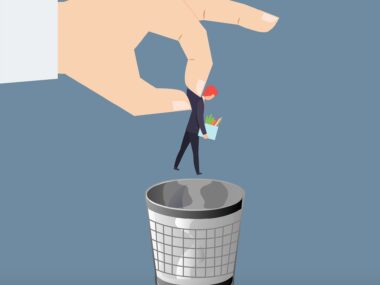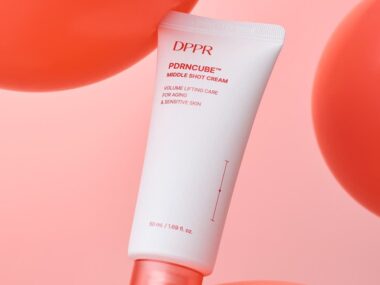At what point does movie marketing stop supporting a film and start swallowing it whole?
Right now, Hollywood has a marketing problem. Wicked: For Good is a clear example of what happens when a studio goes overboard with promotion. In this current era we’re in, are movies being filmed around certain brands from day one?
When Brand Collabs Start to Feel Overwhelming
Universal partnered with more than 400 brands for Part Two. Out of that stack. Out of that number, only 165 brands are a repeat from the 2024 campaign.
Everywhere you turn, something is green or pink. Walmart is selling “mystery” mac & cheese that will turn pink or green, depending on how lucky you are. Procter & Gamble has Wicked-themed Gain and Febreeze products. Funko Pop has new Wicked figures. Lego x Wicked collection has sets based on scenes from the film. Ariana Grande has a perfume line AND a limited edition r.e.m. beauty collection inspired by Wicked: For Good (Ari plays Glinda in the film).
These are a small sampling of what this campaign has to offer and they’re everywhere. It’s on TikTok, in stores, even Roblox. It’s omnipresent at this point but not in a fun way.
The Barbie Comparison
It’s obvious that Universal wants another Barbie moment. They want the 2023 phenomenon that made over $1.4 billion at the box office. Barbie revived the idea that movies could be cultural events again.
Barbie worked because the marketing felt authentic. The Barbenheimer meme, the Dreamhouse Airbnb. The soundtrack featuring tracks by Billie Eillish, Charli xcx, Karol G and Dua Lipa. It was a once-in-a-lifetime event fans wanted to take part in.
Wicked, on the other hand, feels forced. There’s nothing to rally around. These products are being pushed out but there’s nothing that triggers an emotional connection.
When Movies Start Looking Like Merch First
Once upon a time, the movie came first. Star Wars changed everything in 1977 when George Lucas realized he could make a profit from merchandise rights. By the 2000s, characters were designed to sell toys. Just look at Disney franchises like Cars or Frozen… the list is long.
After the COVID-19 pandemic led to a decline in movie theater attendance, studios had to change their strategies. They turned to massive marketing campaigns to lure audiences back to theaters.
What’s happening with Wicked is something animation has dealt with for decades.
A lot of animated shows for kids were written around the toys the studios wanted to release.
For studios and TV networks, it was important for these shows to highlight future toys or merchandise. Because they needed those sales to recoup the money spent on production.
Big budget movies are heading towards a similar direction, but that’s only going to cause problems down the line.
The Wicked-ification of Cinema
We’re entering a new era. Big budget films are split up to be released every year, at the very least. Cross-platform campaigns that reach every corner of the internet and the real world before a single frame of the actual film is out.
While strategies like this do increase visibility, it doesn’t guarantee success at the box office.
Before, merchandise and marketing campaigns were supposed to compliment the film it was promoting. Now it feels like movies are being made to revolve around brands or products long before their release.
If studios want films to feel like cultural moments again, they need to bring storytelling back to the forefront. Marketing should support the art, not replace it. People don’t want to be overwhelmed. They want to feel something.That feeling can’t be manufactured by 400 brands, no matter how much mac and cheese you dye green.






